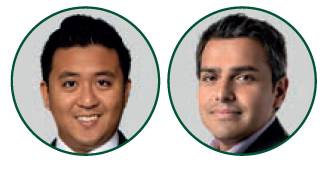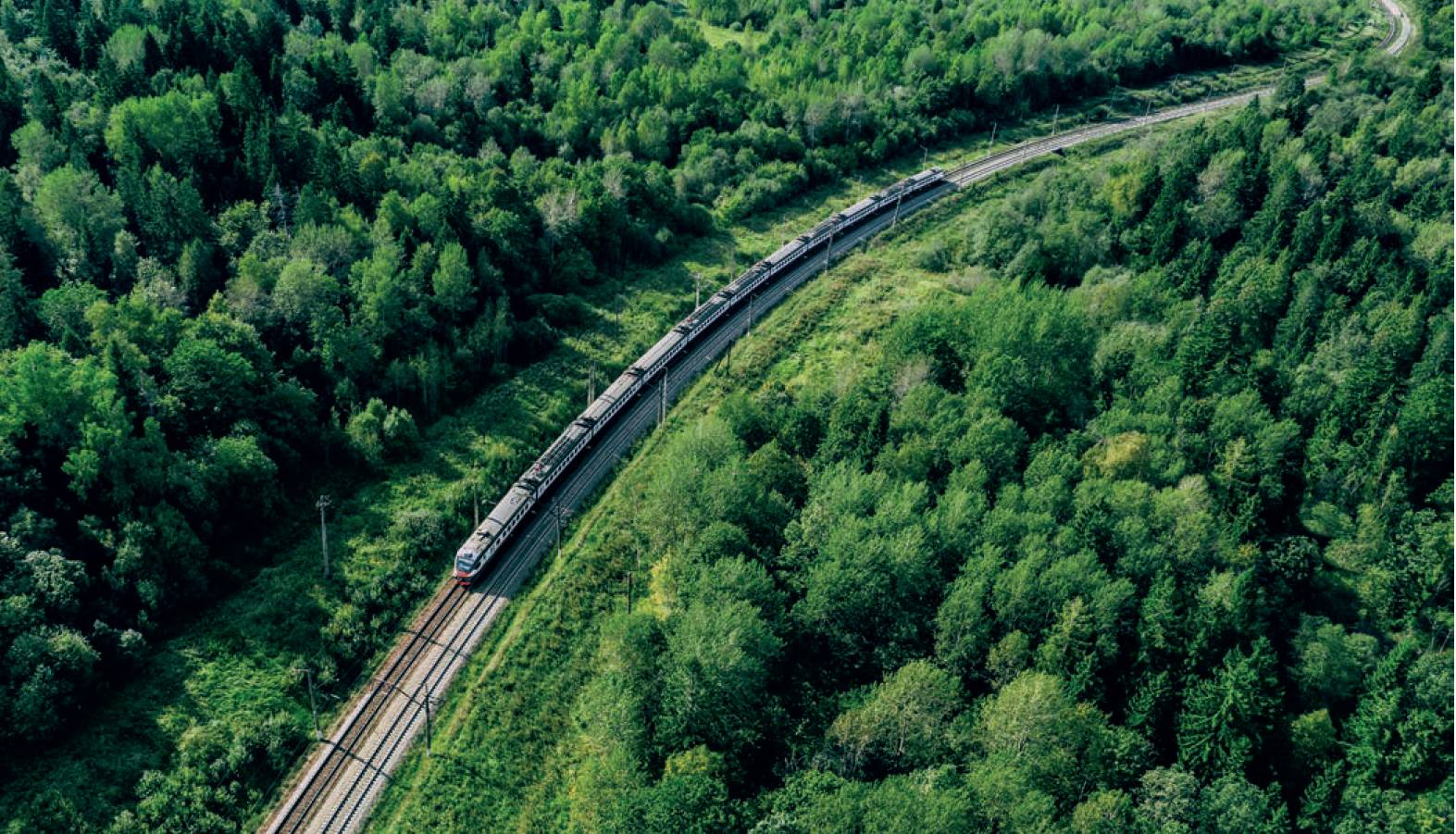
DRIVING INNOVATION IN INFRASTRUCTURE
Building smarter, more sustainable infrastructure for the future
In an era where infrastructure is rapidly evolving to meet the demands of sustainability, digital transformation and resilience, Bentley Systems stands at the forefront of innovation. CES editor, Darrell Smart, spoke with Alan Esguerra, industry strategy manager and Bibhuti Aryal, senior director, transportation from Bentley Systems to explore how emerging technologies – particularly artificial intelligence and digital modelling – are reshaping transportation design, delivery and operations. From tackling climate change to overcoming industry-wide barriers to adoption, Bentley Systems is empowering civil engineering surveyors, enhancing collaboration and building smarter, more sustainable infrastructure for the future.
Bibhuti Aryal: We’re part of the Industry Solutions Group for Transportation, working across product marketing, sales and services to understand and meet industry needs. The acquisition of Cesium – the foundational open platform for creating powerful 3D geospatial applications – and our partnership with Google last year are really big game-changers. Projects like HS2 demonstrate the power of integrating vast data sources for collaboration and stakeholder engagement. The excitement from users tells us we’re on the right path.
Alan Esguerra: As a licensed engineer, I’m thrilled about how artificial intelligence (AI) can handle tasks, freeing us to focus on complex design challenges. Many agencies are moving toward model-based delivery, but some still operate in ecosystems reliant on PDFs and paper. AI helps bridge that gap.

Shanghai interchange, China.
It boils down to three prongs; people, process and technology. Technology is advancing rapidly, but processes and people need to evolve to support it. Bibhuti Aryal: Contractual methods often restrict data sharing and enforce outdated delivery formats. These silos create protectionism. Knowledge becomes liability. The technology exists, but the will Projects like HS2 demonstrate the power of integrating vast data sources for collaboration and stakeholder engagement. to apply it is sometimes limited by fear and resistance to change. Engineers are cautious by nature, especially in civil infrastructure where public safety is paramount. They’re responsible for taxpayer money and lives, so rely on tried-and-true processes. It boils down to three prongs; people, process and technology. Technology is advancing rapidly, but processes and people need to evolve to support it.
Alan Esguerra: We’re investing heavily in education and bridging the gap with STEM programmes and university partnerships. We’re also working directly with users to guide adoption and simplify our tools. Listening to users is key – we’re developing purpose-built, secure products that solve real problems. We want engineers focused on decisions, not tedious tasks.
Bibhuti Aryal: Initially, many US Departments of Transportation issued memos banning AI due to data security concerns. But now, closed systems and secure platforms are enabling safe AI use. Our stance is clear; your data is your data. We support both private and shared models, depending on user needs. AI and digital modelling help identify design issues early, integrate subsurface and surface data and optimise construction. This reduces costs, emissions and waste. In infrastructure, earthworks and excavations are expensive – optimisation has both financial and ecological benefits.
Resilient infrastructure that lasts beyond its design life reduces the need for retrofits and rebuilds, which are carbon-intensive. It’s not just about cost – it’s about long-term sustainability and ecological responsibility.
Alan Esguerra: In regions like Australia and Europe, carbon footprint reporting is becoming mandatory. In the US, especially on the West Coast, it’s part of the project selection process.
Bentley’s carbon analysis capabilities in iTwin Experience delivers an assessment of a design’s carbon footprint. Resilient infrastructure that lasts beyond its design life reduces the need for retrofits and rebuilds, which are carbon-intensive. It’s not just about cost – it’s about long-term sustainability and ecological responsibility.

Bibhuti Aryal: Australia and the UK are pushing digital delivery with long-term operational goals. India is advancing in rail. The US has standout projects, like the digital twin in Philadelphia. There are pockets of excellence everywhere.
Open data, collaboration across vendors and AI-driven efficiency are central to our mission. We’re committed to that interoperability and meaningful impact.
Alan Esguerra: The demand for infrastructure is endless. We’re advancing technology and promoting open data. Hybrid workflows – combining 2D and 3D – help bring users along. Long-term, we envision ecosystems where assets like bridges are monitored and maintained proactively. That’s the future – network-level decision-making powered by data.
Interoperability and open data are key drivers in Bentley’s product development. That’s essential in industry.
Bibhuti Aryal: Absolutely. Open data, collaboration across vendors and AI-driven efficiency are central to our mission. We’re committed to that interoperability and meaningful impact.